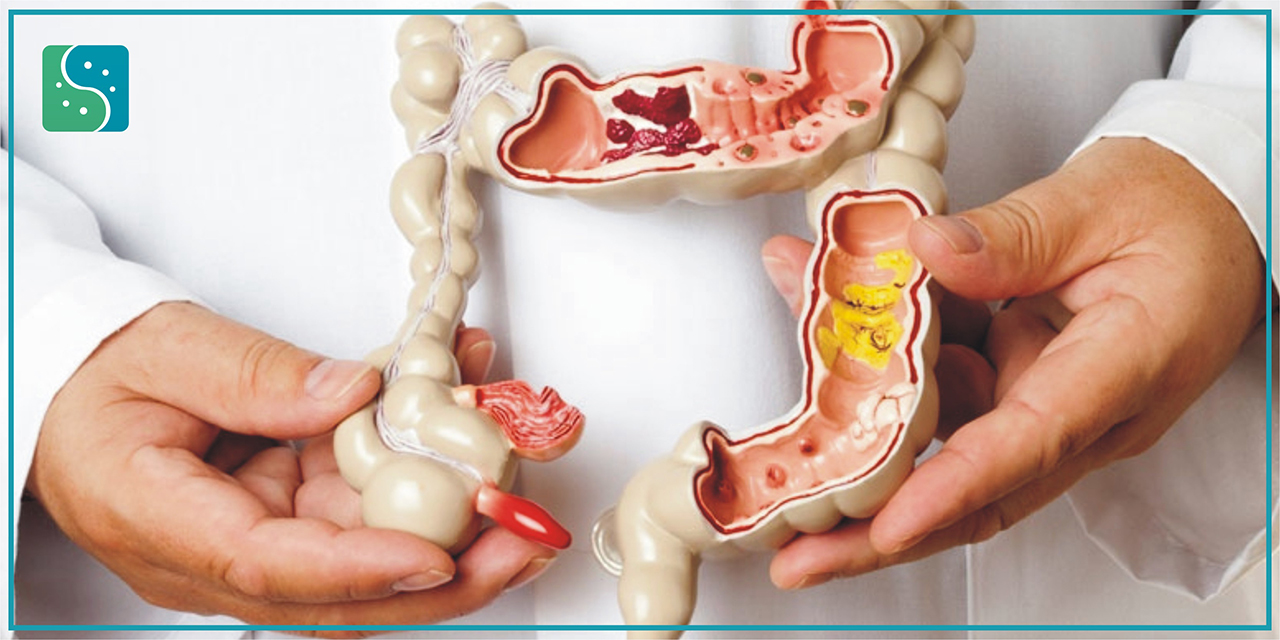People with inflammatory bowel diseases (IBD) like Crohn’s disease and ulcerative colitis have chronic intestinal inflammation. Symptoms include stomach cramps, diarrhoea and gas.
Homoeopathy is extremely effective in treating inflammatory bowel disease. It addresses the underlying cause of IBD and correct the immune system which is responsible for the inflammation of the intestines.
Homoeopathic medicines are safe, natural and free from any side effects. If the person is already taking conventional treatment, it is advised to gradually taper off the medicines along with homoeopathic treatment in cases of IBD. Dependence on the conventional medicines can be tapered off gradually and may also be stopped, eventually providing a treatment which is free from any side effects and is natural and effective.
Homoeopathic medicine helps to restore the altered function of the intestine and restores its motility and functionality, thereby improving overall health and quality of life of the individual.
Inflammatory bowel disease (IBD) is a term for two conditions (Crohn’s disease and Ulcerative colitis) that are characterized by chronic inflammation of the gastrointestinal (GI) tract. Prolonged inflammation results in damage to the GI tract.
Crohn’s disease and Ulcerative colitis are the main types of IBD. Types include.
Inflammatory bowel disease symptoms vary, depending on the severity of inflammation and where it occurs. Symptoms may range from mild to severe. You are likely to have periods of active illness followed by periods of remission.
Signs and symptoms that are common to both Crohn's disease and Ulcerative colitis include

Researchers are still trying to determine why some people develop IBD. Three factors appear to play a role.
IBD usually appears as a sudden flare up of symptoms. Most people diagnosed with IBD are age 35 or younger. There is a second peak of diagnosis in the 60s.
There is no single test to diagnose IBD. Your doctor may recommend a combination of the following to confirm the diagnosis:
Possible complications of IBD include.
In rare cases, a severe bout of IBD can make you go into shock. This can be life-threatening. Shock is usually caused by blood loss during a long, sudden episode of bloody diarrhoea.
Sometimes you may feel helpless when facing inflammatory bowel disease. But changes in your diet and lifestyle may help control your symptoms and lengthen the time between flare ups.
Diet .There's no firm evidence that what you eat actually causes inflammatory bowel disease. But certain foods and beverages can aggravate your signs and symptoms, especially during a flare up. It can be helpful to keep a food diary to keep track of what you're eating, as well as how you feel. If you discover that some foods are causing your symptoms to flare, you can try eliminating those foods.
Here are some general dietary suggestions that may help you manage your condition.
Smoking
Smoking increases your risk of developing Crohn's disease, and once you have it, smoking can make it worse. People with Crohn's disease who smoke are more likely to have relapses and need medications and repeat surgeries.
Stress
The association of stress with Crohn's disease is controversial, but many people who have the disease report symptom flares during high stress periods. If you have trouble managing stress, try one of these strategies:
IBD is a disease; IBS is a syndrome, or group of symptoms. The causes and treatments are different.
IBS is a type of functional gastrointestinal disease. It affects how the bowels function, causing them to contract more (or sometimes less) often than usual. IBS is also known as spastic colon or nervous stomach.
IBS doesn’t inflame or damage the intestines like IBD, so imaging scans can’t detect it and it doesn’t increase the risk of colon cancer. People with IBS rarely need hospitalization or surgery.
Yes, it’s possible to have both IBD and IBS. While IBD can cause IBS symptoms, there’s no evidence that having IBS increases your risk of IBD.
Having IBD can increase the risk of colon cancer by up to four times. The longer you live with an inflamed bowel, the greater the chance of cancerous changes happening in the intestinal cells.
Data show the risk of colorectal cancer increases in patients who were diagnosed with IBD at a younger age, especially if they have a family history of colorectal cancer or other risk factors, including having had primary sclerosing cholangitis.
If you have had IBD for eight years or longer, get colonoscopies every one to three years depending on your risk factors for colon cancer.
Most people with inflammatory bowel disease (IBD) enjoy active lives. Still, symptoms of Crohn’s disease and Ulcerative colitis can be life disrupting. Homoeopathic treatment provides a permanent solution to the disease. The aim of homoeopathy is not only to treat the disease condition but to address its underlying cause and individual susceptibility, thus preventing its relapses and helps in regaining the health of the individual thereby providing a quality life. Along with dietary and lifestyle changes homoeopathic medicines are completely safe and natural in treating IBD.
As far as therapeutic medication is concerned, several remedies are available to treat intestinal problems that can be selected on the basis of individualisation and symptom similarity. For individualized remedy selection and treatment, the patient should consult a qualified homoeopathic doctor in person.